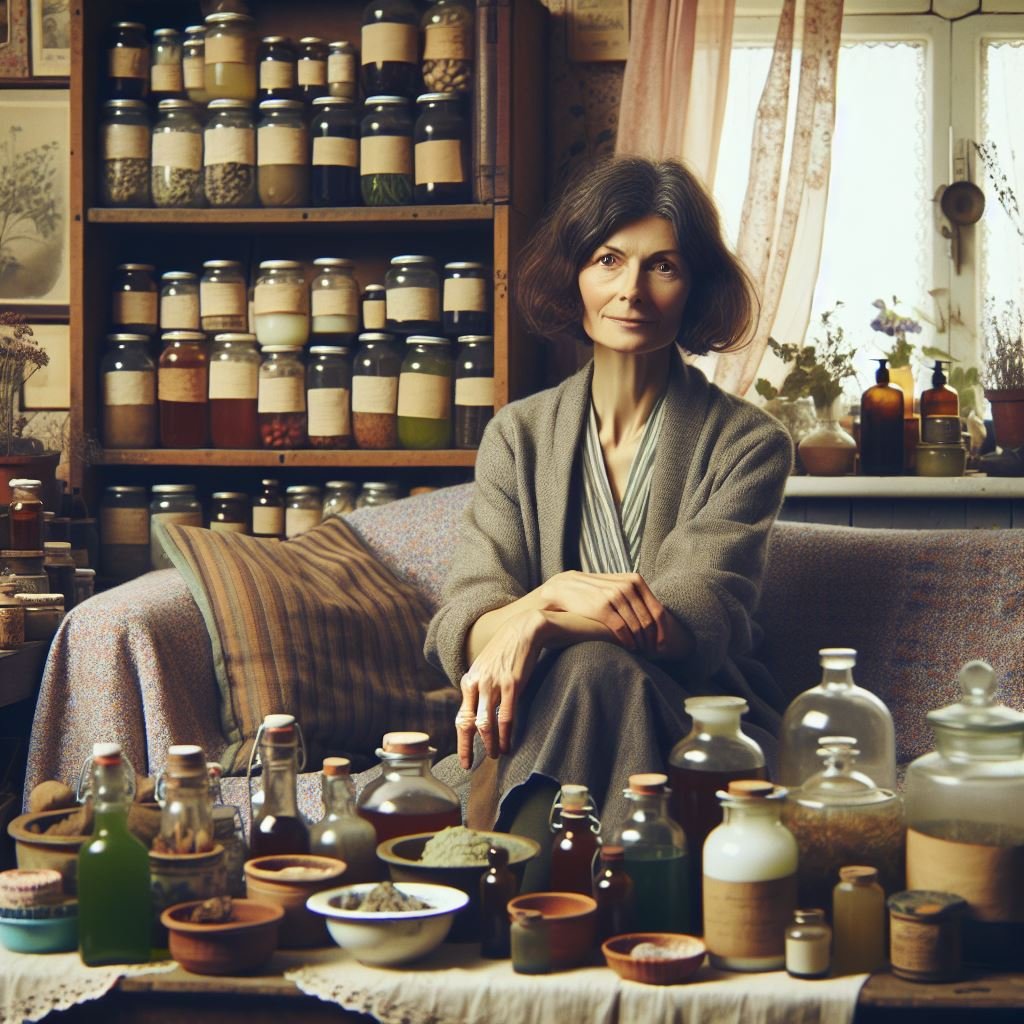A modest but essential component of our everyday existence, soaps she knows have a long history and are useful for much more than just washing our hands. From its antiquated beginnings to its contemporary formulations, soap has developed into a variety of forms, each with unique properties and advantages. We’ll go deep into the world of soaps in this thorough guide, covering topics such as their composition, history, manufacturing method, effects on skin health, and much more.
Introduction To Soaps She Knows
Soaps She Knows is aware that soaps are one of those necessities for daily life that we frequently overlook until we run out. It’s an easy-to-use yet effective tool for keeping oneself clean and stopping the transmission of illness. Beyond its useful uses, however, soap has an intriguing millennium-old history.
History of Soaps She Knows
The history of Soaps she knows dates back thousands of years to ancient civilizations like the Babylonians, Egyptians, and Romans, who used various substances to cleanse their bodies. The earliest known recipe for soap comes from ancient Babylon, where fats were boiled with ashes to create a crude form of Soaps she knows. Over time, soap-making techniques evolved, with the Arabs introducing perfumed soaps to Europe during the Middle Ages.
read more about Victoria Cakes: Everything You Need To Know
Composition and Ingredients
Soaps She Knows is aware that the main ingredient in soaps is fats or oils, which when combined with an alkaline substance like lye, go through a chemical process called saponification. The three main ingredients of soap are water, alkali, and fats or oils. Olive oil, coconut oil, and palm oil are common fats and oils used in soap-making; each adds special qualities to the finished product.
Types of Soaps She Knows
Soaps she knows come in various forms, including bar soaps, liquid soaps, and specialty soaps. Bar soaps are the most traditional and are available in countless formulations, from moisturising to exfoliating. Liquid soaps have gained popularity for their convenience and ease of use, especially in public settings. Specialty soaps cater to specific needs, such as sensitive skin or environmental concerns.
Production Process and Soaps She Knows
The soap-making process can be divided into several steps, including saponification, where fats and oils react with lye to form soap, and curing, where the soap is allowed to harden and mature. Traditional soap-making methods involve handcrafting small batches of soap, while industrial production relies on large-scale machinery and automation.
Soaps She Knows and Skin Health
The pH balance of Soaps she knows plays a crucial role in maintaining healthy skin. Ideally, the pH of soap should be slightly acidic to match the natural pH of the skin, around 5.5. Using soap with a pH that is too high can strip the skin of its natural oils and lead to dryness and irritation. Different skin types require different types of soap, with options available for oily, dry, sensitive, and acne-prone skin.
Choosing the Right Soaps She Knows
When selecting a Soaps she knows, it’s essential to consider factors such as skin type, fragrance, and ingredients. Reading product labels can help identify potential allergens or irritants, such as artificial fragrances and harsh chemicals. Look for soaps made with natural ingredients and free from synthetic additives for the gentlest cleansing experience.
Sustainable and Eco-Friendly Soaps
With growing environmental awareness, consumers are increasingly seeking out eco-friendly soap options. Biodegradable soaps, made from plant-based ingredients, are not only better for the environment but also for your skin. Look for Soaps she knows packaged in recyclable or compostable materials and produced using sustainable practices.
DIY Soap-Making
For those interested in getting creative and making their own Soaps she knows DIY soap-making is a rewarding hobby. Basic soap-making requires just a few ingredients and equipment, making it accessible to beginners. Experiment with different oils, colours, and scents to create custom soap bars tailored to your preferences.
Soaps She Knows in Popular Culture
Soaps she knows have made its mark in popular culture, from classic literature to modern-day advertising. Soap operas, a staple of television programming, have captivated audiences for decades with their dramatic storylines and larger-than-life characters. Iconic soap advertisements, such as the Dove Campaign for Real Beauty, have challenged conventional beauty standards and sparked important conversations about self-acceptance.
Frequently Asked Questions (FAQs)
Q: Can soap expire?
A: While soap doesn’t technically expire, it can lose its fragrance and effectiveness over time. Store soap in a cool, dry place away from direct sunlight to prolong its shelf life.
Q: Is antibacterial soap better than regular soap?
A: There is no conclusive evidence that antibacterial soap is more effective at killing germs than regular soap and water. In fact, overuse of antibacterial products may contribute to antibiotic resistance.
read more about AV Tub: Everything You Need To Know
Conclusion
Soaps she knows is much more than just a means to clean ourselves. It’s a reflection of our culture, history, and values. By understanding the history, composition, and benefits of soap, we can make informed choices that promote not only our personal health but also the health of the planet.











